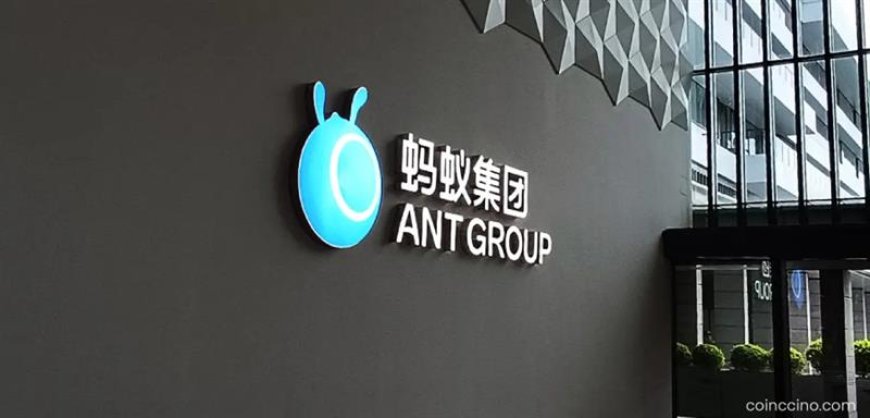Ant Group Launches “Jovay” — A New Ethereum-Connected L2 for Tokenizing Real-World Assets
Ant Group, the fintech giant behind Alipay, has launched a new project called Jovay—a high-speed Layer-2 blockchain connected to Ethereum. It is designed for Real-World Assets (RWAs) tokenization, compliance-grade infrastructure, and enterprise deployment rather than speculative crypto issuance.

Market Context
Tokenization of real-world assets is rapidly gaining traction as financial institutions explore programmable finance. At the same time, fintechs and banks are rethinking how to bridge legacy systems with blockchain rails. Jovay’s launch represents a major step by a large fintech group in China (via Ant Group) choosing Ethereum-related infrastructure for institutional-grade RWA movement. Its ambition signals growing trust in public infrastructures over private/permissioned alternatives for regulated financial asset digitization.
Technical Details with Attribution
- The new network Jovay is a Layer-2 scaling solution built on top of Ethereum.
- Its architecture blends zero-knowledge proofs and optimistic proof systems to ensure both scalability and compliance.
- It does not issue a native speculative token—instead it’s built for enterprise / institutional workflows.
- In early testing, Jovay achieved 15,700–22,000 transactions per second (TPS), with a roadmap goal of 100,000 TPS via node clustering / horizontal scaling.
- The chain is built with a five-phase model for asset registration, tokenization, issuance and secondary-market trading—mirroring traditional finance checks despite being onchain.
- Its design aims to support large-scale tokenization of assets like bonds, invoices or other real economy instruments.
Analyst Perspectives
Some observers see Jovay as a bold move that may accelerate institutional adoption of Ethereum-anchored finance, reducing reliance on private ledgers. Its high throughput goals and compliance-first design could make it attractive for regulated enterprises. On the other hand, execution risk remains high—regulatory approval, security audits, and adoption by major financial institutions may determine whether Jovay lives up to its ambitious technical vision.
Global Impact Note
If successful, Jovay could become a bridge between traditional finance and on-chain tokenization at scale—potentially enabling Alipay / Ant Group’s ecosystem (with billions of users) to move parts of its real-world asset value onto Ethereum infrastructure. That could influence other fintech giants (outside China) to consider public chains as backbones for tokenized assets, not just private ledgers.